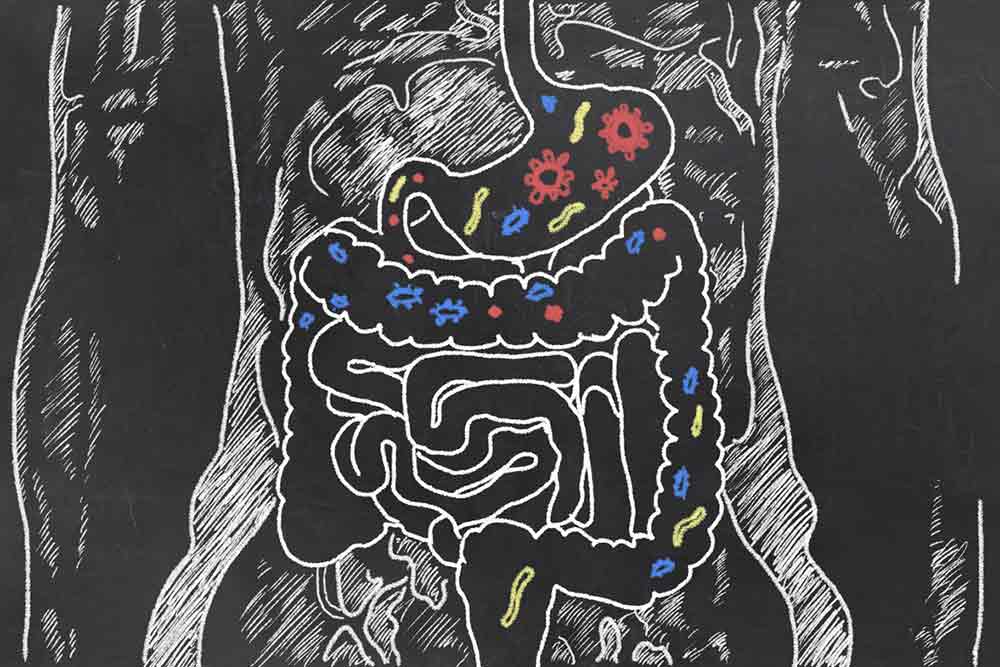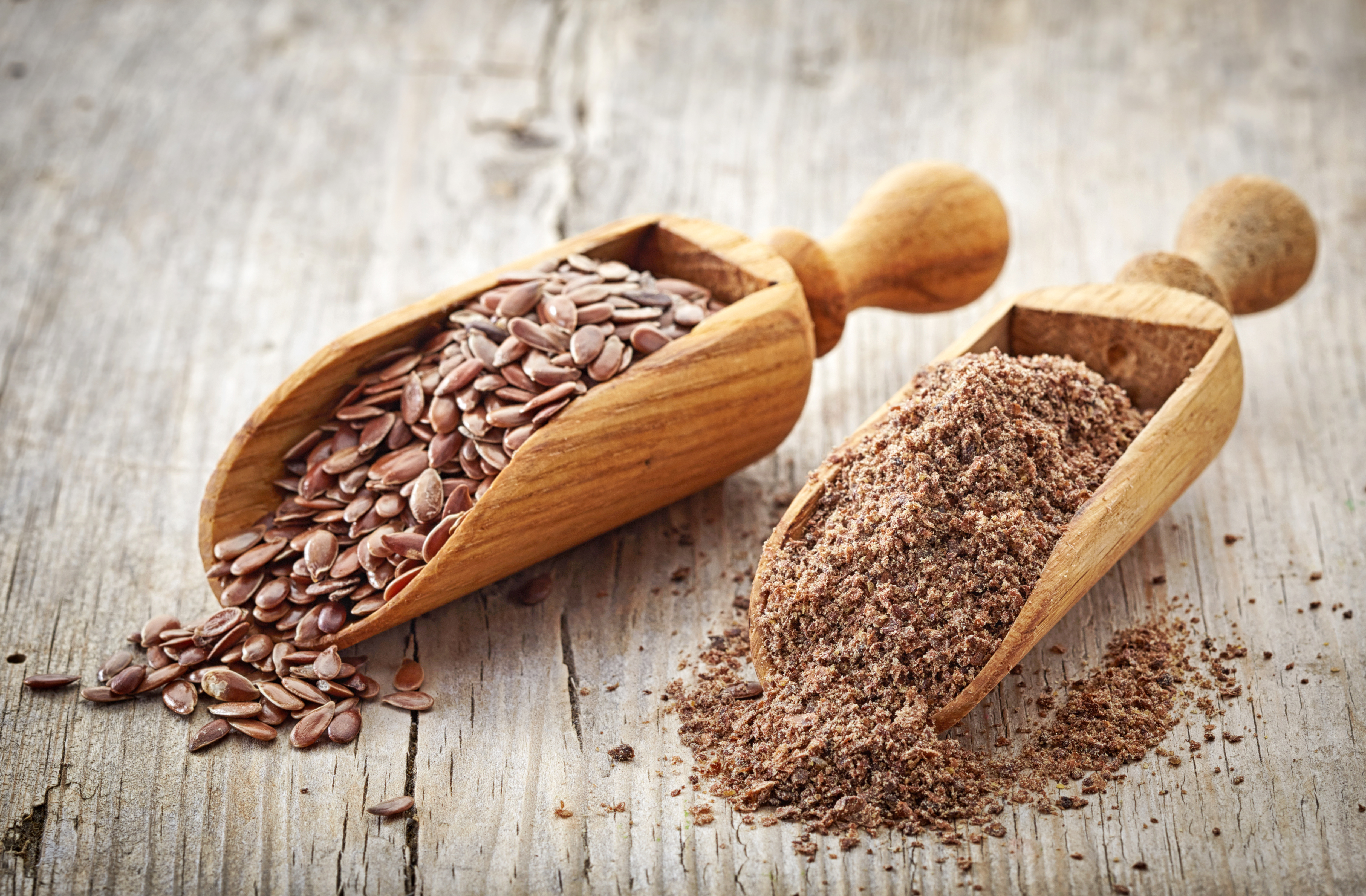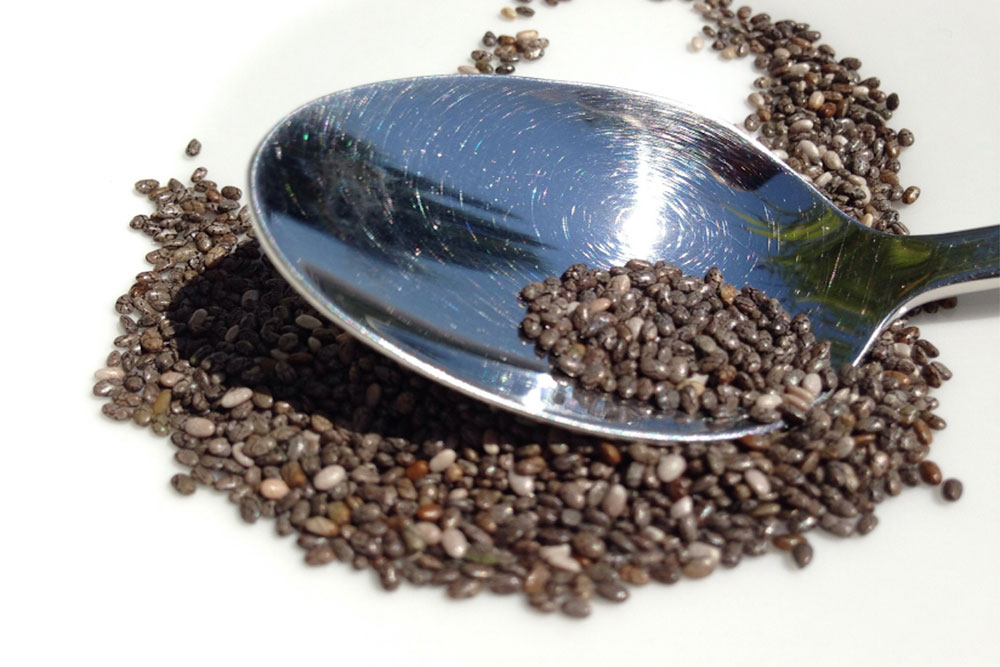Can Intermittent Fasting and Exercise Prevent Cancer?

It could easily be argued that we are living in the best time in human history. In fact, many would state that it cannot really be argued – it is simply a fact.
And really, you can see why.
Global poverty is steadily declining, we have everything we could ever want at the touch of a fingertip, and of course, life expectancy is at an all-time high.
In short, life is good.
However, because we are getting older, we are seeing a general increase in the incidence of disease across the globe – of which cancer is major contributor.
But what if there were certain steps you could take to help prevent the onset of cancer? Well, recent research suggests a combination of intermittent fasting and exercise may offer a very unique solution.
What is intermittent fasting?
Intermittent fasting describes a way of eating that involves implementing small periods of feeding which are separated by much longer periods of not eating – which are also known as fasting.
While simply not eating may sound a little bit silly, you need to remember that every single one of you undertake a period of fasting while you sleep. Throughout the night, you don’t eat a thing. You then break your fast with whatever you choose to eat the next morning.
Get it – breaking your fast – breakfast.
It is important to note that the term ‘intermittent fasting’ is used to describe a range of eating patterns. However, it most commonly describes a mode of eating that simply has you extend your nightly fast by a few hours every single day – a mode of fasting which is also known as time-restricted feeding.
How does intermittent fasting work?
So, how exactly does intermittent fasting work?
When you extend your overnight fast by a few hours, your body automatically reduces its secretion of the hormone insulin. In conjunction with this, it also increases its secretion of human growth hormone, and lowers harmful inflammation throughout your entire body (Ho, 1988; Heilbronn, 2005).
These changes can actually cause some pretty significant improvements in your health, including:
- An enhanced ability to burn fat for energy (Blackman, 2002; Byrne, 2018).
- Improved insulin sensitivity, and lower resting blood sugar levels (Arnason, 2017).
- Reductions in blood pressure (Moro, 2016).
- Improvements in blood cholesterol (Sutton, 2018).
- A reduced risk of cardiovascular disease and diabetes.
- Improved brain function (Mattson, 2018).
But incredibly, it doesn’t stop there.
See, fasting also stimulates a process in your body known as cellular autophagy (Bagherniya, 2018).
Autophagy is when old and damaged cells are broken down and reused to create new healthy cells. This process is important, because these new cells function much more efficiently than the old ones they are made from.
Via this mechanism, intermittent fasting can cause global improvements in the health of your cells, while also removing old and damaged cells from your body (Hansen, 2018).
And it is through this process that intermittent fasting may have an impact on cancer risk…
Does intermittent fasting prevent cancer?
Now for the big one – can intermittent fasting help fight against cancer?
The first thing I really want to point out here is at this precise moment in time, we do not have enough human research to draw any definitive conclusions – however, we do have some very interesting animal research suggesting that we may be onto something.
And as I mentioned above, it all starts with autophagy (Brandhorst, 2016; Antunes, 2018).
See, during cellular autophagy, those cells that are most likely to be broken down and replaced with new cells are those that are old, damaged, and becoming increasingly inefficient.
Interestingly, it also these same cells that are more likely to become cancerous.
Through this process, there is reason to believe that Intermittent fasting may hold one of the keys to preventing cancer occurring in the first place.
Does intermittent fasting prevent the growth of cancerous tumors?
We now know that intermittent appears to have some potential to stop the formation of cancer, but what if the cancer has already started forming.
I mean, you might be wondering, “Does intermittent fasting prevent cancer from spreading?”
Or, “Does intermittent fasting prevent tumor growth?”
And again, the research appears to suggest some rather large positives.
See, cancerous tumors are heavily reliant on glucose for energy. During periods of fasting, you are essentially starving these nasty cells of the very important nutrients that they need to survive.
This alone may have some merit when it comes to slowing the progression of tumor.
Moreover, because intermittent fasting can reduce inflammation and improve the function of your immune system, it may also help improve your body’s natural ability to fight of these nasty cells – which may even facilitate cancer treatments.
Intermittent fasting and chemotherapy
The last thing I wanted to talk about regarding intermittent fasting and cancer specifically is the potential role that fasting may play in assisting chemotherapy (Caccialanza, 2018).
Initial research has shown that performing a short fast before chemotherapy has been shown to protect your healthy cells from treatment damage. Moreover, the glucose restriction mentioned above also appears to facilitate drug delivery into the cancerous cells.
As a result, the combination of chemotherapy and intermittent fasting to treat cancer may have some rather serious potential – but again, more research in humans is needed before this can be said with any certainty.
How to Intermittent fast
 So, the easiest way to implement intermittent fasting is to prolong your normal overnight fasting period to 14-18 hours in duration.
So, the easiest way to implement intermittent fasting is to prolong your normal overnight fasting period to 14-18 hours in duration.
With this in mind, I recommend simply eating your first meal around 6 hours after waking up every single day. This will make sure that intermittent fasting work for you, no matter what time you wake up.
Simple and effective.
One thing to remember is that during your eating window, you can’t eat whatever you want. Intermittent fasting isn’t a magic bullet, but a way to improve your health and your eating habits.
As such, you should still be eating regular healthy meals during your eating period – just like you would normally.
How long do you need to fast to reap the benefits?
With all this, you might be wondering “How long do I need to intermittent fast?”
When it comes to Intermittent fasting and cancer, there is no real consensus on the optimal amount of time you need to fast to reap the associated benefits – although research would suggest that performing regular intermittent fasts of 14-18 hours will have some benefit.
Alternatively, performing a prolonged fast of 2-3 days every couple of months also appears to have some serious benefits for cancer prevention.
With this in mind, I would be inclined to recommend a combination of both if you feel up to the challenge!
Related Article: Prolonged Fasting for Health & Longevity
What about the combination of intermittent fasting and exercise?
With all this talk of intermittent fasting, I want to make sure that we do not forget about the most powerful health boosting tool we have available to us – exercise.
Exercise has the potential to help fight against pretty much every disease known to man.
But does exercise prevent cancer?
Does exercise alone prevent the growth of cancerous tumors?
 For a very long time we have known that physical activity appears to have a preventative effect against cancer. In short, those people who exercise more often are much less likely to get cancer than those who do not exercise at all (Brown, 2012).
For a very long time we have known that physical activity appears to have a preventative effect against cancer. In short, those people who exercise more often are much less likely to get cancer than those who do not exercise at all (Brown, 2012).
This ultimately comes down to the fact that exercise reduces inflammation, improves insulin sensitivity, enhances the function of reproductive hormones, and boosts the function of your immune system – all of which have an immediate impact on cell health, and therefore the likelihood of tumor formation.
But does exercise prevent cancer from spreading?
Well interestingly, research seems to suggest it might.
See, traditional cancer treatments place an extreme burden on the body. This burden can cause declines in strength, fitness, and function. Moreover, it can also increase stress, and seriously impact mental health – all of which are thought to lower cancer survival rate.
Conversely, exercise offers the perfect remedy to this.
See, it can significantly improve your health throughout the treatment period, while also making the body more resilient and actually enhancing the effects of the treatment itself.
Can a combination of intermittent fasting and exercise be a form of cancer prevention?
Given the evidence to support both exercise and intermittent fasting as preventive measures against cancer, you might be asking the very important question: “Can intermittent fasting and exercise prevent cancer?”
And to put it simply, I would respond with a large and resounding yes.
While there are currently no research studies looking at the combined effects of these two super promising preventative measures, it would be safe to assume that when performed together they are likely to have an even better impact than when they are used in isolation.
Where is the research heading?
Something that I have said several times throughout this article is that more research is needed – and fortunately, we are on the right track.
There are currently several studies underway that aim to establish exactly how we can implement intermittent fasting during cancer treatment to improve the results of chemotherapy – which may also enhance cancer survival rates.
In conjunction with this, more research on the impact of intermittent fasting on cancer prevention in humans is obviously needed.
Nonetheless, what we can say with certainty is that early signs are extremely positive – and that the future is bright when it comes to combining exercise with intermittent fasting to help prevent and treat cancer.
Related Article: Can exercise really prevent cancer?
Take Home Message
Cancer is arguably the most harmful disease in todays society. Fortunately for us it appears that there are certain lifestyle changes we can implement to help prevent it from occurring in the first place.
Yep, intermittent fasting and exercise – so what are you waiting for?
References
Heilbronn, Leonie K., et al. “Alternate-day fasting in nonobese subjects: effects on body weight, body composition, and energy metabolism.” The American journal of clinical nutrition 81.1 (2005): 69-73.
Ho, Klan Y., et al. “Fasting enhances growth hormone secretion and amplifies the complex rhythms of growth hormone secretion in man.” The Journal of clinical investigation 81.4 (1988): 968-975.
Bagherniya, Mohammad, et al. “The effect of fasting or calorie restriction on autophagy induction: A review of the literature.” Ageing research reviews (2018).
Hansen, Malene, David C. Rubinsztein, and David W. Walker. “Autophagy as a promoter of longevity: insights from model organisms.” Nat Rev Mol Cell Biol 19.9 (2018): 579-593.
Blackman, Marc R., et al. “Growth hormone and sex steroid administration in healthy aged women and men: a randomized controlled trial.” Jama 288.18 (2002): 2282-2292.
Byrne, Nuala M., et al. “Intermittent energy restriction improves weight loss efficiency in obese men: the MATADOR study.” International journal of obesity 42.2 (2018): 129.
Arnason, Terra G., Matthew W. Bowen, and Kerry D. Mansell. “Effects of intermittent fasting on health markers in those with type 2 diabetes: A pilot study.” World journal of diabetes 8.4 (2017): 154.
Sutton, Elizabeth F., et al. “Early time-restricted feeding improves insulin sensitivity, blood pressure, and oxidative stress even without weight loss in men with prediabetes.” Cell metabolism 27.6 (2018): 1212-1221.
Mattson, Mark P., et al. “Intermittent metabolic switching, neuroplasticity and brain health.” Nature Reviews Neuroscience 19.2 (2018): 63.
Brandhorst, Sebastian, and Valter D. Longo. “Fasting and caloric restriction in cancer prevention and treatment.” Metabolism in Cancer. Springer, Cham, 2016. 241-266.
Antunes, Fernanda, et al. “Autophagy and intermittent fasting: the connection for cancer therapy?.” Clinics 73 (2018).
Caccialanza, Riccardo, et al. “To fast, or not to fast before chemotherapy, that is the question.” BMC cancer 18.1 (2018): 337.
Brown, Justin C., et al. “Cancer, physical activity, and exercise.” Comprehensive Physiology 2.4 (2012): 2775-2809.
You Might Like:






































































































